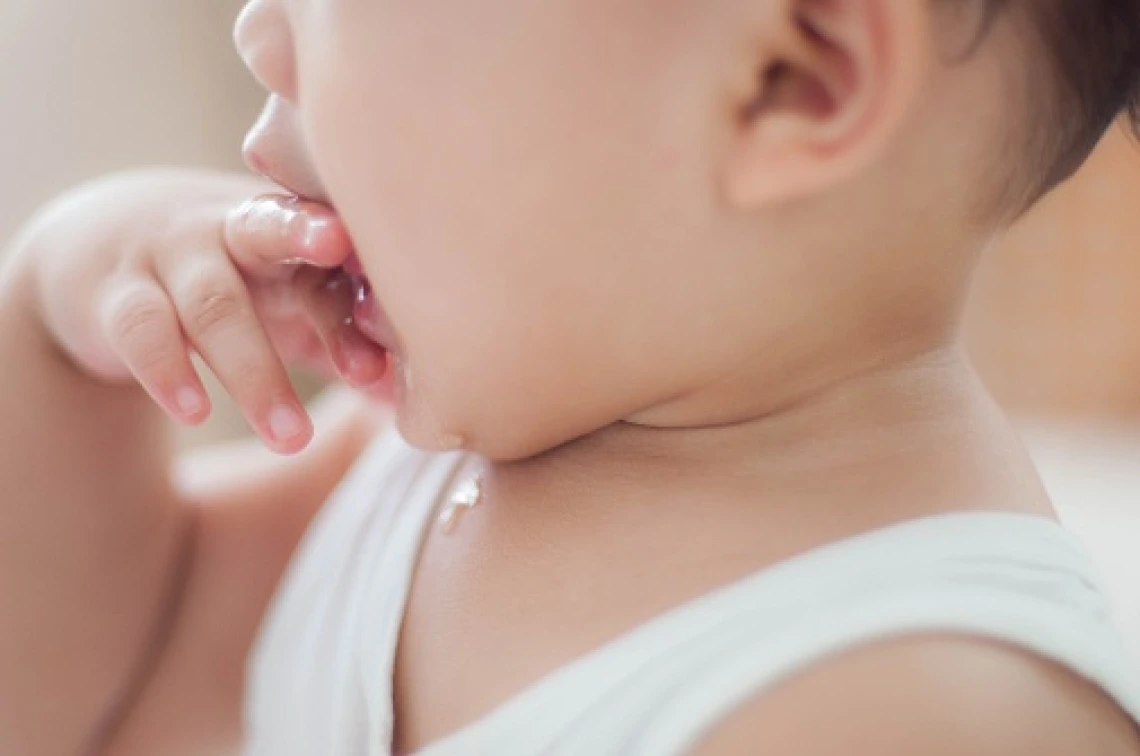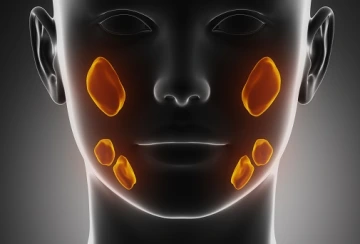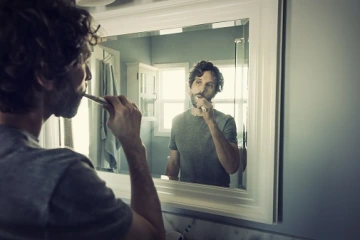Why Is Our Spit Important
Most people don’t think about saliva. But imagine your life without it.

Everything is moistened by saliva: your oral cavity, your gums, your tongue, your teeth. That moistening surrounds food so it’s easier to swallow. Enzymes in saliva start the digestive process with a protein called amylase, which helps the digestion of starch. And saliva has proteins and minerals that protect your teeth from getting cavities. It does a whole host of things that keep your oral cavity healthy and functioning.
Without saliva, you have less of the antibacterial proteins that protect your gums and teeth, and an increase in canker sores, cavities, periodontal disease, and lots of infections in the mouth because you can’t control the bacteria.
You’ll have a reduction in the ability to swallow. You’ll change what you eat to things that are more soft and palatable. You can’t eat the food that you like.
All of us have had that situation where we have to stand up and give a talk and our mouth gets dry, or maybe our mouth is dry when we wake up in the morning. Imagine being dry all day and all night long. Without the glycoproteins to moisten the oral cavity, your mouth is always dry.

The salivary gland can misfire in many ways. Some patients have salivary gland hypofunction, a condition in which less saliva is being produced. You can also have xerostomia, which is the subjective feeling of dry mouth.
There aren’t a lot of options for patients. Saliva substitutes are temporary fixes, but there’s not much we can do to bring salivary function back. When I first started, there wasn’t even a clinical trial I could refer patients to. There’s literally been one clinical pilot, run by the NIH, in more than 20 years. I’m proud that my research has helped lead to another clinical trial, which is being run by physician-scientists at the University of Arizona Cancer Center.

Without saliva, you have less of the antibacterial proteins that protect your gums and teeth, and an increase in canker sores, cavities, periodontal disease, and lots of infections in the mouth because you can’t control the bacteria.
The long-term possibility of helping thousands of people is a huge motivation for me to work on this problem every day. As a scientist, the rules I follow might be slightly different than a lot of people might presume. One of the rules of the lab is you “follow the data.” You don’t get to lead the data, you go in the direction the data is telling you to go. If we have an experiment that we’ve repeated a couple of times and it’s not the results that I would have predicted, then I need to check my assumptions at the door. Doing research is like a puzzle. Many times we realize, “Oh, that’s not quite the right piece!” We learn from the initial failure and continue on till we find the perfect match. That’s the fun part of my job!
About the Author
Kirsten Limesand, PhD, is a professor of nutritional sciences in the Universiy of Arizona College of Agriculture and Life Sciences, and a member of the UArizona Cancer Center the BIO5 Institute. Her research focuses on radiation-induced salivary gland dysfunction, which can lead to dry mouth. Dr. Limesand hopes to uncover the mechanisms by which radiation can damage the salivary gland, and identify ways both to prevent and reverse this damage.

